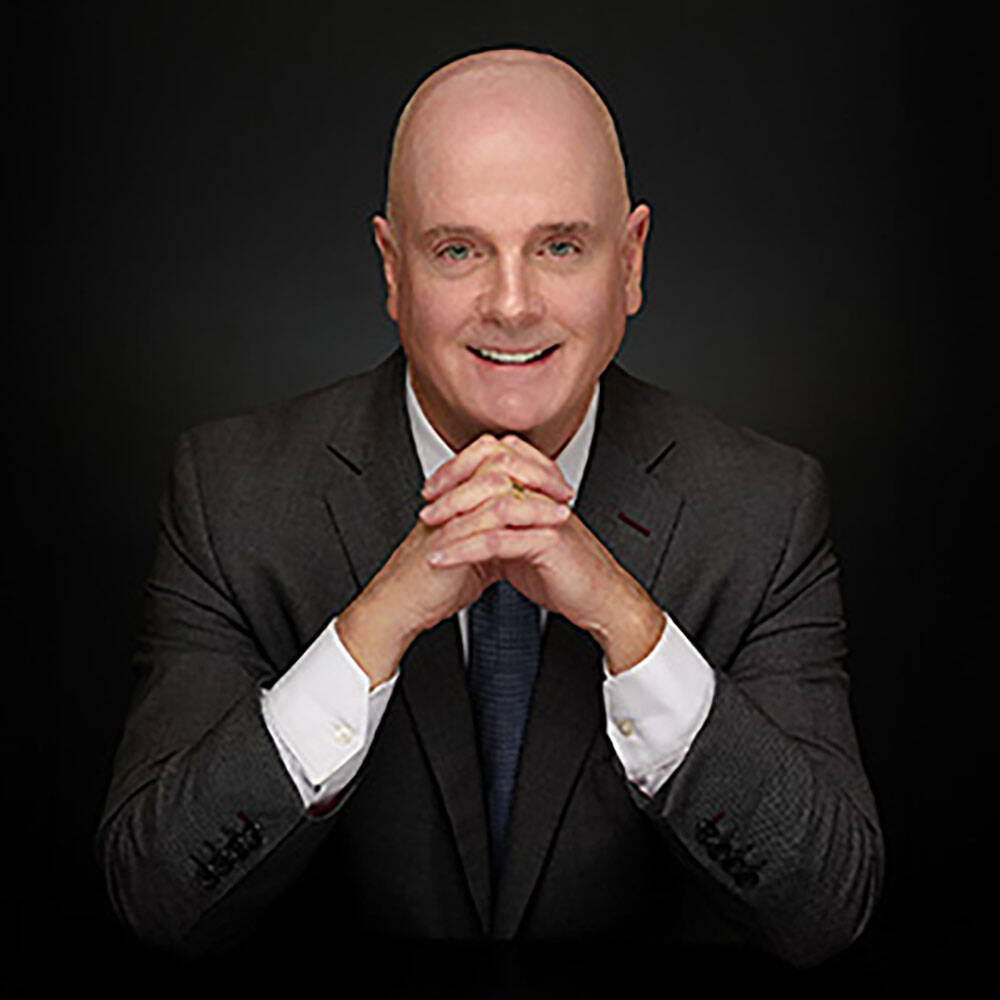During the 1980s and 1990s, a prominent financial institution, alongside a “big six” accounting firm, conducted an annual financial literacy survey. Over 17 consecutive years, they observed a consistent decline in financial literacy levels, leading to the survey’s discontinuation because of its disheartening results. Perhaps, it was just too depressing. Financial literacy is indispensable, not only for investors and business professionals but as a fundamental life skill for individuals of all ages and backgrounds.
Financial literacy involves understanding savings, debt management, interest rates and retirement planning. It does require a fundamental understanding of basic math and economics and, ideally, should be introduced in middle school if not sooner. Assembly Bill 2741 was enacted during the most recent Nevada legislative session. Among other items it requires high school students to accumulate a certain number of credits in financial literacy. The bill required instruction in financial literacy to include certain skills necessary to develop a personal financial plan. This includes understanding and budgeting for the costs of housing, transportation and health care. We also can’t forget the fine work that Junior Achievement and the Nevada Council on Economic Education do. They offer valuable resources when schools lack financial literacy programs.
Many young professionals, after securing their first significant job, indulge in their newfound financial independence, only to find themselves without substantial savings by their mid-30s. Those lost years can offer a significant head start for a strong financial foundation. A good first step after graduating is establishing a budget. A budget is a powerful tool that tracks where your earnings go, allowing for guilt-free spending once essentials are covered. If funds are tight, a budget helps prioritize needs over wants — food and shelter are necessities, while daily luxury coffee is not. Budgeting also curtails the risk of excessive debt accumulation.
Not all debt is detrimental. Constructive debt, like student loans, represents an investment in oneself, potentially enhancing career and earning prospects. Conversely, destructive debt, such as credit card charges for non-essentials not paid off monthly, can be harmful. With average credit card rates above 23 percent, it’s vital to understand compound interest. When you earn interest, it works in your favor; when you pay interest, it benefits the lender and can be ruinous to the borrower. Ideally, the advantages gained from borrowed funds should surpass their cost. For instance, a student loan at 8 percent interest is worthwhile if it boosts the borrower’s lifetime earning potential. Controlling debt involves preventing interest from accruing on interest.
Financial literacy provides the tools to manage finances effectively, avoid destructive debt accumulation and make prudent investment decisions. Understanding the difference between savings, investments and speculation is also critical. This can lead to financial stability to weather the inevitable challenges we all face. These can include losing a job, car repairs or medical bills.
In this era of ever more sophisticated financial scams being financially literate is critical. It makes us less susceptible to bad loan terms that may include not only high interest rates but also penalties for certain actions.
Financial literacy does not require a college degree. The process of establishing goals and creating a budget to meet those goals will begin the financial education process. Understanding credit and debt is vital. Save, save, save. Even if it’s a small amount. The habit is important. Remember your partner in all things financial, Uncle Sam and his need to tax.
There are numerous tools, calculators and resources on the internet that can help the learning process but make sure the site is from a reputable institution.
Hugh Anderson is the managing director of Hightower Las Vegas, a local wealth-management firm.








